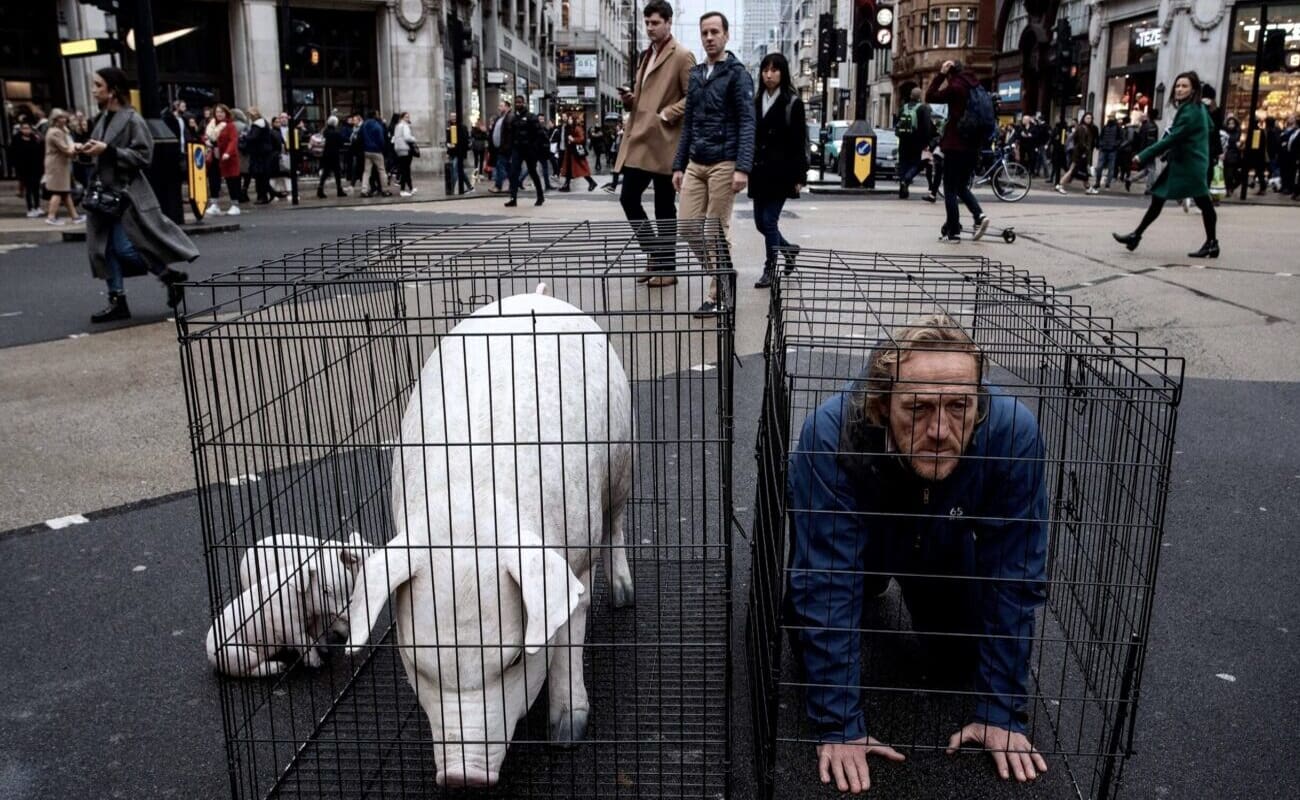Community Action focuses on the power of local efforts to drive meaningful change for animals, people, and the planet. This category highlights how neighborhoods, grassroots groups, and local leaders come together to raise awareness, reduce harm, and promote ethical, sustainable lifestyles within their communities. From hosting plant-based food drives to organizing educational events or supporting cruelty-free businesses, every local initiative contributes to a global movement.
These efforts take many forms—from starting local plant-based food drives and educational events to organizing animal shelter support or advocating for policy change at the municipal level. Through these real-life actions, communities become powerful agents of transformation, showing that when people work together around shared values, they can shift public perceptions and build more compassionate environments for both humans and animals.
Ultimately, community action is about building lasting change from the ground up. It empowers ordinary individuals to become changemakers in their own neighborhoods, proving that meaningful progress doesn’t always start in government halls or global summits—it often begins with a conversation, a shared meal, or a local initiative. Sometimes, the most powerful change begins with listening, connecting, and working alongside others to make our shared spaces more ethical, inclusive, and life-affirming.
Fighting animal cruelty is a deeply compassionate yet emotionally taxing endeavour that takes a significant toll on mental health. Activists and supporters often face harrowing realities, from witnessing abuse to confronting systemic neglect, which can lead to compassion fatigue, burnout, and emotional exhaustion. This article explores the psychological impact of advocating for animal welfare while providing practical strategies for self-care and resilience. By addressing these challenges head-on and fostering open dialogue within the community, we can support those who tirelessly work to protect animals while safeguarding their own well-being


























































